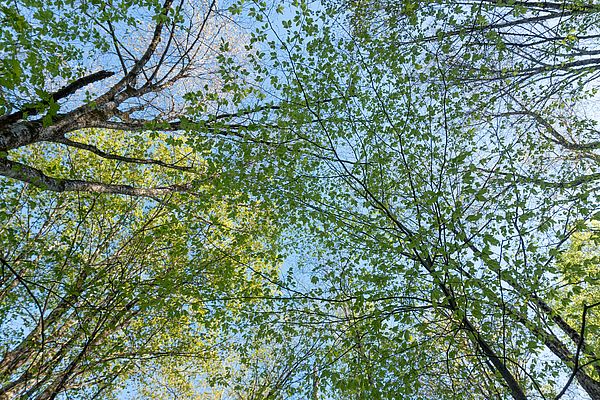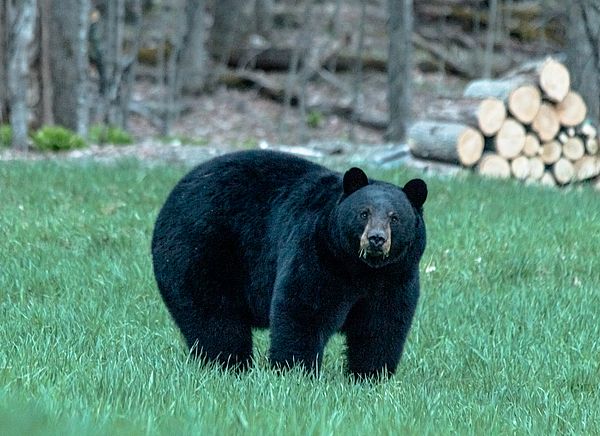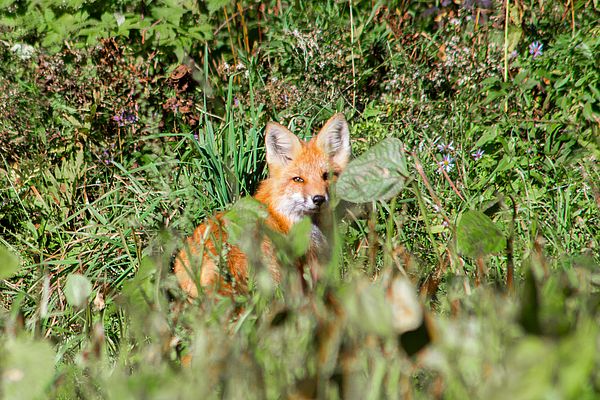Each season, as I sit down to write an introductory piece to our newsletter, I find myself reflecting back on our work of the past few months, distilling successes and moments to celebrate with our friends and partners in this work. Today I find myself in a much different space, reflecting on the intersectionality of our work here at Cold Hollow to Canada with the moment of social and societal change that is upon us as we—as a community, in every sense of the word—confront the deep and complex structures of societal and systematic racism and inequity which pervade almost every facet of our lives and work, and struggle to understand what it will take to dismantle them. Perhaps more importantly, as was pointed out by one of our own board members, I find myself reflecting on why we have not confronted it sooner.
When Nancy and I founded this organization over ten years ago our vision was turned to stewardship, and permanent protection of our core forests for the myriad of values they provide, though the underpinnings and hard truths around our relationship with landownership and access were always there. The Vermont of today is built upon the lands of the Abenaki. Our history as a state includes a history of exclusion from the land; an inequity of power and privilege, and who got a seat at the table. While the specifics of our individual history in this corner of the northern forest may be different from those of the south, or west, the common and shared themes persist today. Our work around climate change must confront the racial inequities of who shoulders the greatest impact. Our work around forest protection must also confront the inequity between our rural communities and more urban centers. Our work around stewardship must also confront the hard truths around who can afford to, or who is even allowed to, carry that mantle.
Martin Luther King once wrote from his jail cell that, “we are caught in an inescapable network of mutuality, tied in a single garment of destiny. Whatever affects one directly, affects all indirectly.” I can’t help but see the parallels to the writing of another man, Aldo Leopold, whose work has so framed our own, that “the land ethic simply enlarges the boundaries of the community to include soils, waters, plants, and animals, or collectively: the land... In short, a land ethic changes the role of Homo sapiens from conqueror of the land-community to plain member and citizen of it. It implies respect for his fellow-members, and also respect for the community as such.”
As we continue our work at Cold Hollow to Canada—and as a community—we must expand its lens, circling back to the intersections of land conservation and justice, as we seek to redirect the arc of history. We must grow our partnerships to listen and learn, building the tools that we’ll need, and acknowledging the uncomfortable to move us towards that which is right. We will never be successful in our work until we expand our lens and acknowledge the entirety of the structures upon which it is built—in ways which have strengthened us, and also in which they have fallen negligently short, or we do a disservice to the whole enterprise. This is not work that we’ll finish, rather this will persist long after we’re gone, and our labor now is just the beginning. We hope that you’ll join us in it.


